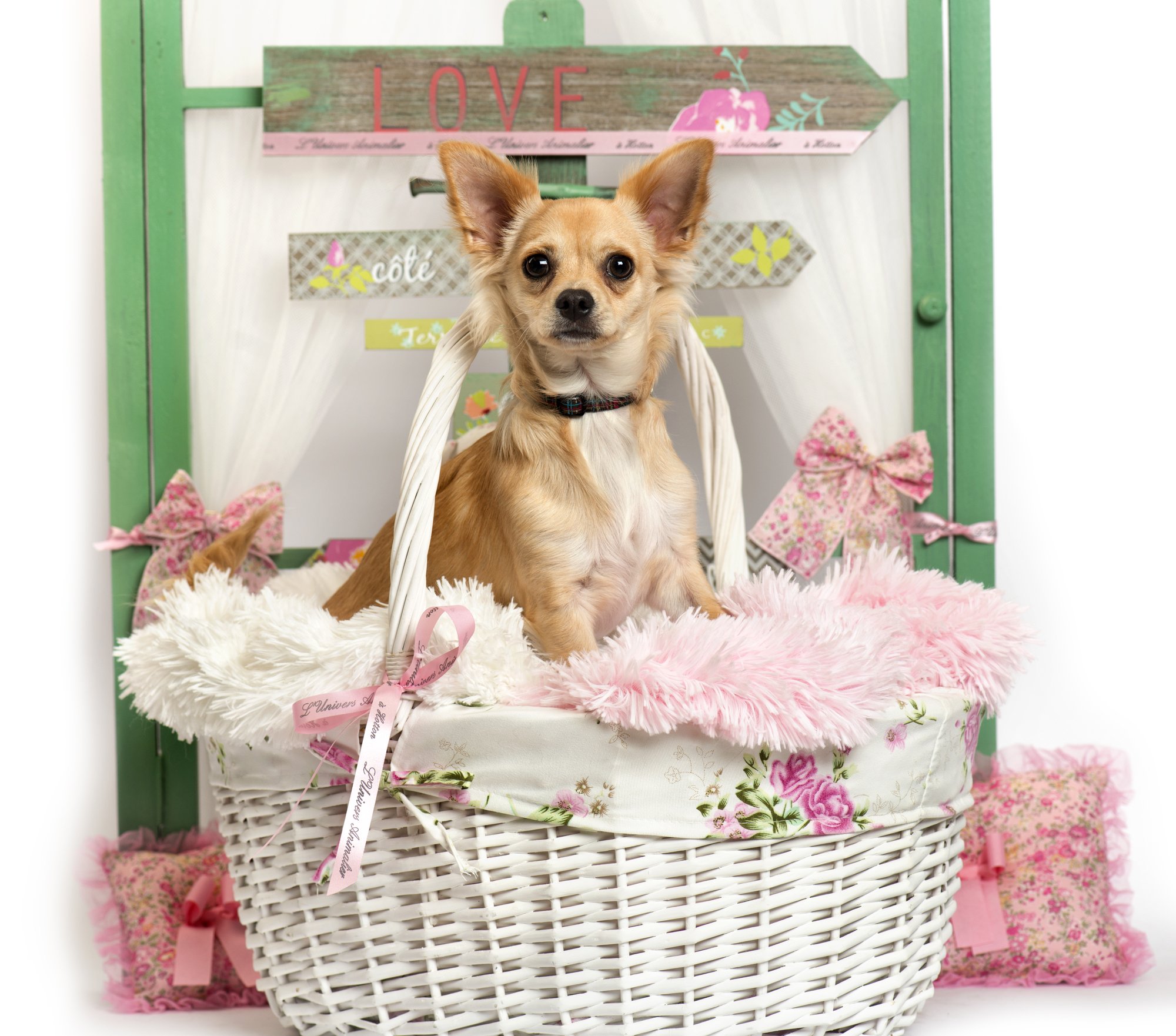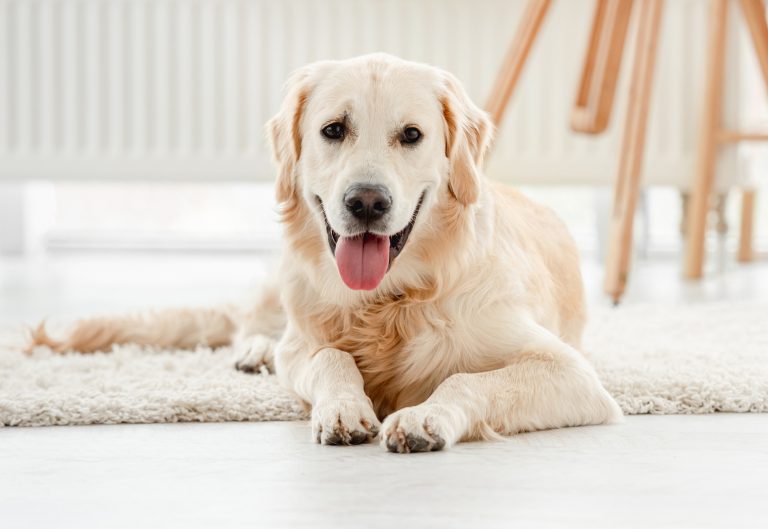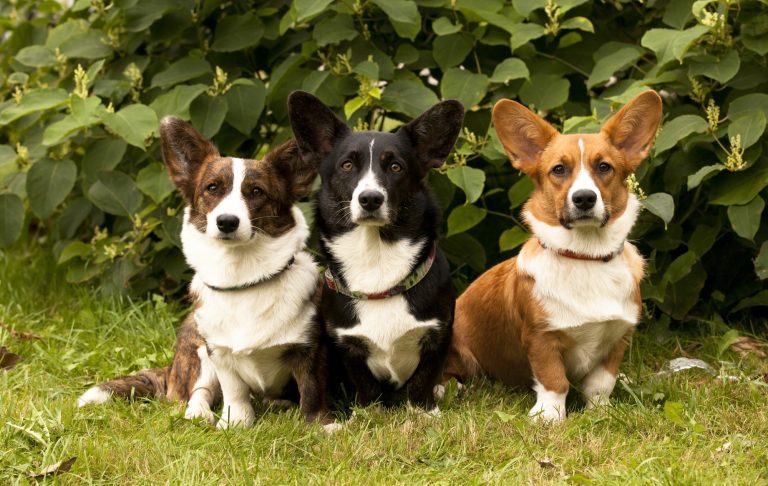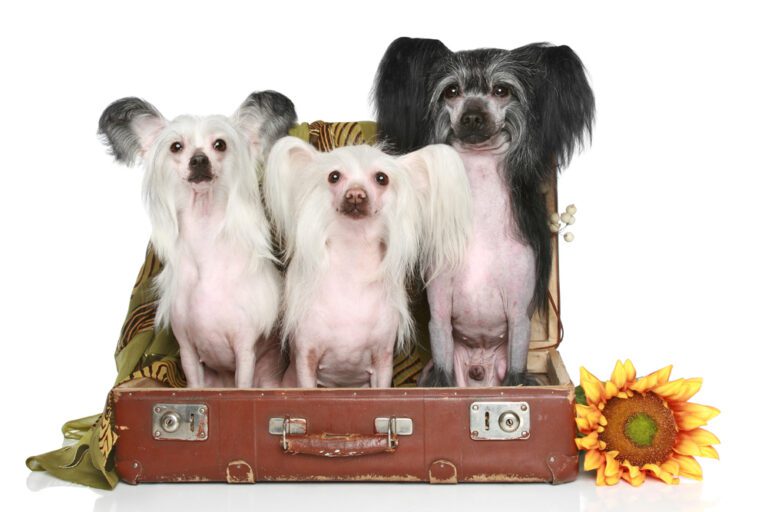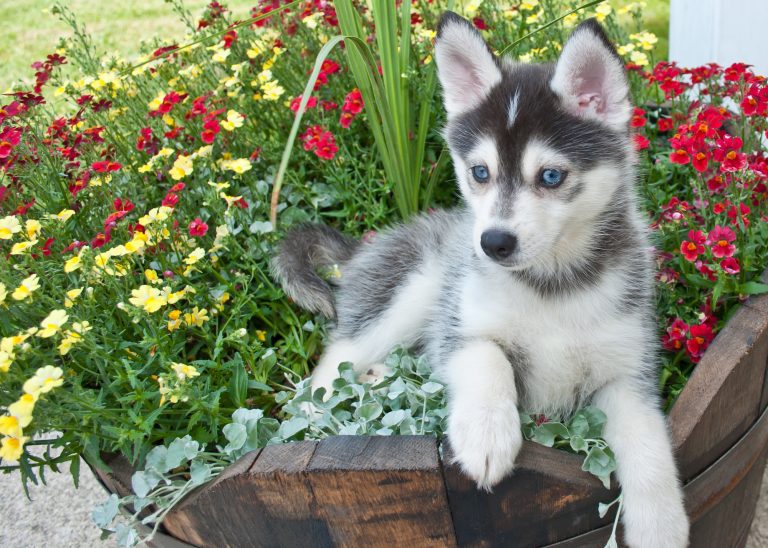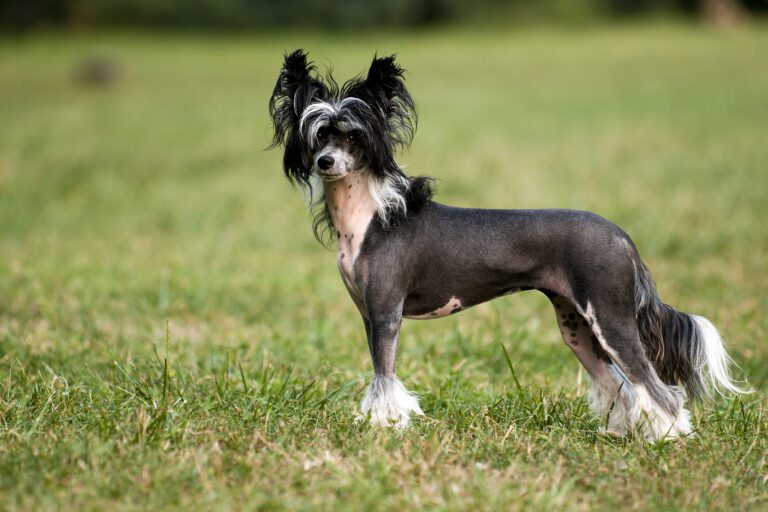Teacup Chihuahua: Everything You Need To Know
Adorable, fluffy, cuddle buddy – these are just some adjectives to describe a teacup chihuahua. On the outside, we can’t help but gush at their tiny disposition.
We also can’t help but wonder – what more is in a teacup chihuahua? What are their common attributes and behavior? How are they different from your “normal” chihuahua? How small are they?
In this blog post, we take a deep dive into all these questions and more. We found out everything you need to know about teacup chihuahuas and all the fun stuff about them worth learning.
So if you’re intrigued about teacup chihuahuas, then you’re in for a treat! Keep on reading to know more about these tiny whelps.
The Anatomy of a Teacup Chihuahua
The first question that might pop into your head is, “How different are teacup chihuahuas from ordinary chihuahuas?”
Simply put, teacup chihuahuas fall into the smallest spectrum of chihuahuas. They are not another breed or a variation of the breed. In fact, “teacup” is usually interchanged with other terms like “micro” and “mini” to refer to their small build. It essentially depends on the breeder or the owner how they want to address this certain size of Chihuahua.
Because of their tiny bodies, teacup chihuahuas are more sensitive and prone to health problems than a standard chihuahua. Contrary to popular belief, they are a handful to care for – no pun intended!
In fact, they do require more responsibilities, attention, and extra measures. After all, they are teacup-sized, therefore fragile creatures.
Feeding
You’d think that a small pooch like a teacup chihuahua would be a breeze to feed, but you might want to rethink it.
Teacup chihuahuas have a much smaller intestine than other dog breeds, so they require a meticulous feeding routine. Consider their tiny bellies that can only hold so much food!
Overeating can lead to hypoglycemia, which is caused by low blood sugar. Hence, they need to be fed every 2 hours around the clock, even at night, with no more than their daily recommended intake of 40 calories per pound of body weight.
In line with eating, common dental issues can also affect a teacup chihuahua’s overall health. It’s typical for them to have crowded teeth. Unfortunately, this promotes decay growth. To prevent this problem, feed them high-quality food with fewer amounts of carbohydrates and sugar.
Grooming
Teacup chihuahuas look best when groomed often. Short-haired chihuahuas are recommended to be brushed every 2 weeks especially since they are light-shedders. For chihuahuas with long hair, you need to perform more brushing, preferably once a week to keep their coat healthy, shiny, and tangle-free.
As for bathing, it should be done on a weekly basis for short-hair types while long-hair teacup chihuahuas need to bathe twice every week.
Exercise
Even the tiniest of dogs like the teacup chihuahua require some exercise, too.
20 to 30 minutes of active exercise does the trick. You could take them out on a walk, organize an indoor activity, or simply allocate a schedule for playtime with them on one of your breaks during the day.
Just be careful to watch over them as they can get injured easily especially with their fragile bones!
Most are usually NOT more than 3 Pounds
We already know that teacup chihuahuas are significantly lighter than the standard chihuahua, but did you know that they are usually 2 to 3 pounds light on average? They also have an average length of 6 inches.
Of course, genetics is a bit tricky and you won’t know the final size of your chihuahua until they’re fully grown. For instance, a chihuahua can grow up to 9 inches long with a weight of 6 pounds.
But until they go past their average range, consider your pet a certified teacup chihuahua!
They need Extra TLC especially with Health Issues
Do not be fooled by their cute disposition! Teacup chihuahuas demand a lot of care and attention especially when it comes to their health. Their small size makes them extra vulnerable to physical issues and weather concerns like extreme cold, so owning a teacup chihuahua requires more than just leaving them to play all day.
To be specific, they are prone to the following health conditions: heart disease, hypoglycemia, incontinence, bone fractures, and hydrocephalus.
So before you purchase a teacup chihuahua, make sure that you know all the considerations involved so you can know how to best take care of these tiny pups.
Teacup Chihuahuas are Bound to Live Long
Studies show that smaller breeds outlive bigger dogs, which explains how teacup chihuahuas can live a good lifespan for as long as 20 years. They could possibly live even longer, provided that you look after their health with careful attention and give everything that their tiny bodies require.
In general, teacup chihuahuas have a reputation for longevity, so you can have more time with them.
In the next sections, we will talk more about the needs and wants of teacup chihuahuas so you can give them the best life possible.
They Prefer Isolation from Other Pets
Chihuahuas are known to be aggressive – this is a fact. They typically turn aggressive when socialized with other bigger dogs, which is why it’s better to get them as a lone pet. The only way that your pet situation would lighten up in the household is if you get another chihuahua that would most likely loosen up with your teacup pooch.
Otherwise, expect chaos and plenty of snarling!
Furthermore, teacup chihuahuas tend to be temperamental. They can be sassy little creatures that show other dogs (and humans) who’s the boss. Not to mention their incessant barking. These are definitely something to consider if you’re thinking of getting a teacup chihuahua.
Aside from their social preference to be away from other dogs, it’s also practically challenging to mix a teacup chihuahua with a larger dog for safety reasons.
When push comes to shove, they can be easily injured or suffer from broken bones. Suffice to say, you should perhaps reconsider the thought of getting a teacup chihuahua and a Labrador at the same time.
You Can Train A Teacup Chihuahua
Many people who are not familiar with the makings of a teacup chihuahua could easily assume that they’re mostly good for cuddling. While this is not wrong (we definitely love cuddles!), they’re pretty trainable, too.
But before you become the proud owner of a teacup chihuahua, consider the fact that they are pretty aggressive dogs, relative to their size, and they tend to pose as the alpha in the household. So unless you’re able to accept that, you may want to consider other breeds which are more gentle, eg. a golden retriever, beagle or a pug.
As the owner, be sure to devote enough time to train your teacup chihuahua so you can provide them a sense of responsibility in your home. This also regularly reminds them who the real alpha is.
Remember that like with other breeds, negative reinforcements and punishments don’t sit well with teacup chihuahuas!
The best thing to do is to train them on a regular basis and give them treats to reward their obedience. Avoid implementing force or giving commands in a harsh way as these can cause more aggression from them.
Be sure to include pooping and peeing in their training regime. I’m sure you do not want to spend your precious time cleaning up after them instead of having fun with them.
Considering their small size, they have difficulty holding in to their urges as compared with other dogs. Before getting your furkid, prepare designated spots for their poop and pee sessions, both indoors and outdoors.
Overall, teacup chihuahuas can be highly intuitive, protective, and also affectionate pets when provided with the right guidance, training, and love they need.
Breeder Concerns
Most aspiring dog owners would rather buy straight from breeders and not inconvenience themselves in adopting, especially when their target is a specific breed.
However, one major concern to consider in owning teacup chihuahuas is that many unethical breeders work to provide aesthetic dogs without taking into account the animals’ health and safety. It’s noteworthy to remember that there is no formula in breeding chihuahuas to look like teacup chihuahuas.
It all boils down to genetics and plenty of luck.
Unfortunately, to make business running, some breeders go out of their way to breed the smallest chihuahua they can find to have more chances of generating a teacup chihuahua.
This poses a lot of health risks to these dogs starting from their puppyhood up until their senior years. Unsuspecting buyers can easily fall victim to this type of business operation, so be cautious the next time you approach a teacup chihuahua breeder.
Now let’s head on to the basic everyday essentials you need to prepare to welcome home your future pint-sized pooch!
Blue Buffalo Life Protection Formula Dog Food
Premium food is essential to a teacup chihuahua’s holistic diet. Since they are prone to having sensitive stomach and intestinal issues, it only makes sense to be extra picky with the food you purchase for them.
Blue Buffalo Life Protection Formula is best for small breeds that need extra care on their teeth, joints, hip, and coat. The brand offers both wet and dry dog food in different flavors including chicken, lamb, chicken & brown rice, and lamb & brown rice.
Teacup chihuahuas require a healthy dose of carbohydrates and protein, and Blue Buffalo doesn’t disappoint. Overall, it has real meat, bits with antioxidant goodness, premium ingredients with enhanced minerals and vitamins, and wholesome whole grains for your active pooch.
Thundershirt Classic Dog Anxiety Jacket
As much as teacup chihuahuas appear to be brave and powerful in their miniature glory, your pooch is not any mightier than thunderstorms and random guests that visit your home.
On days that they need extra loving and cuddles, the Thundershirt Classic Dog Anxiety Jacket plays a huge part.
This is available for XXS size dogs (less than 7 lbs.) up to XXL breeds (more than 110 lbs.). They are proven effective to ease every dog’s discomfort brought by alarming noises, separation anxiety, and travel anxiety, to name a few.
It has an incredible success rate of 80% from consumers and is recommended by certified trainers and veterinarians. Whether your pooch needs calming indoors or outdoors, this anxiety jacket is an item you shouldn’t skip buying.
Midwest Bolster Pet Dog Bed
When it comes to the comfort of your teacup chihuahua, premium quality is the key.
Midwest Homes For Pets knew exactly what their pawrent consumers wanted when they produced this bolster pet for all pet sizes.
Ranging from 18 inches to 54 inches, this white fleece dog bed is perfect for your cuddler chihuahuas. They are suitably used in crates, carriers, dog houses, and even vehicles for your travel adventures.
This wonder bed boasts of ultra-soft, rich synthetic fleece texture with high-quality construction and stitching. Other colors are available too including cinnamon plush fur, pearl gray plush fur, and fashion blue or pink.
Feel free to use this as a stand-alone bed or a comforter inside the crate. Either way, you’ll surely find the Midwest Bolster Pet Dog Bed the best value for money when it comes to your teacup chihuahua’s ultimate bedtime comfort!
KONG Classic Chew Toy
Teacup chihuahuas are fantastic chewers. They are also attracted to squeaky objects. They nibble on anything and everything they can get their mouths on, so a Kong Classic Chew Toy would definitely be essential in your household.
Save your furniture from being ravaged and get a couple of these chew toys from KONG. They are available in a range of sizes spanning from XS to XXL so there’s definitely something in there for your tiny pooch.
This KONG Chew Toy is a multipurpose toy that can be used as a chew toy, fetch toy, food puzzle, and mental enrichment toy for your teacup chihuahua. Fill it with different treats, like peanut butter or kibbles to manage your dog’s food intake while letting them chew to their heart’s desire.
Let them nibble away while you keep your shoes, gadgets, and furniture bite-free.
Final Thoughts
Teacup Chihuahuas are fragile creatures that deserve all the love their future pawrent can give. It takes a lot to care for them considering the health risks that surround their small structures, but with commitment and patience, nothing is impossible when it comes to giving these tiny pooches the best life possible.

